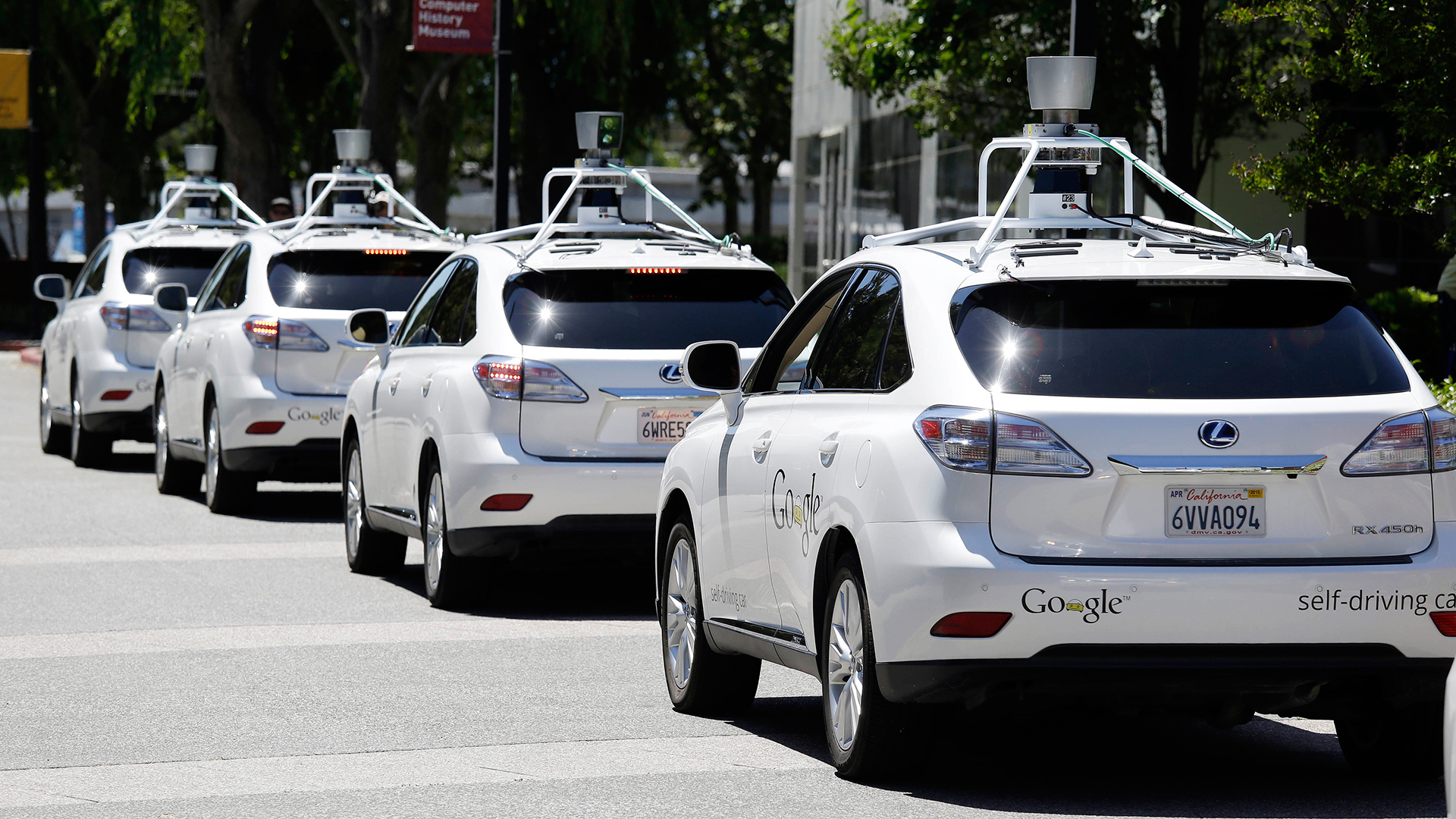

As the debate over regulations for self-driving cars continues, some lawmakers and policy analysts are thinking about taxing them. Massachusetts lawmakers have introduced legislation that would impose a 2.5 cent-per-mile tax on self-driving cars, reports The Detroit News. Tennessee has already approved plans to establish a 1 cent-per-mile tax on self-driving cars, and a 2.6 cent-per-mile tax on self-driving trucks that have more than two axles, according to the paper.
A federal autonomous car tax has also been proposed by the Eno Center for Transportation, a Washington, D.C.-based think tank. It calls for a 1 cent-per-mile fee on automakers for cars operating in autonomous mode.
The proposed taxes are meant to recover revenue lawmakers believe will be lost if cars become more efficient. Federal and state governments currently rely on gas taxes as the primary source of funding for road maintenance. Advocates of the self-driving car taxes believe this revenue will shrink when vehicles become autonomous, as they reason that self-driving cars will be more efficient and the technology may accelerate a switch to electric power.
This is similar to the argument certain states have used to defend annual fees for electric cars. Since electric-car owners don’t buy gasoline, they don’t contribute their fair share to road maintenance, the argument goes. Electric-car supporters believe these fees will only stifle demand for greener vehicles.
Targeting electric cars and autonomous cars may be a more politically attractive tactic than raising the federal gas tax, which hasn’t been increased since 1993. While revenue collected through the federal tax does not cover annual road-maintenance costs, most lawmakers fear the backlash from voters that could come with a gas tax increase. The issue has taken on new urgency thanks to President Donald Trump’s proposal to spend $1 trillion on infrastructure.
A possible alternative to taxing electric or self-driving cars is to tax all cars based on annual mileage. But that idea isn’t very popular either, in part because critics believe it will allow the government to track the movements of drivers.